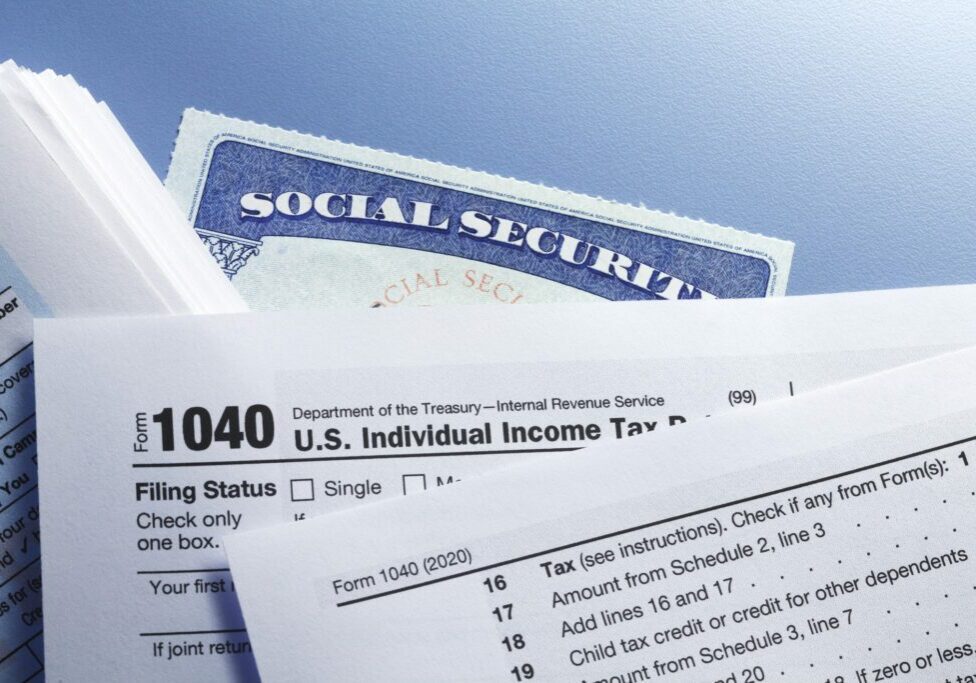Lock In Estate Value: File Your Gift-Tax Return

In our last article, we identified situations when you are required to file a gift tax return. However, reasons exist for when filing a gift-tax return even though it’s not required is a good idea. Doing so could save your family a great deal of bother and money in the future.
Background
Each year, you’re allowed to give up to $14,000 each to as many individual recipients as you want tax free, without filing a gift-tax return. (The $14,000 figure is subject to inflation adjustment.) If you give away cash or securities, there’s no problem documenting the value of your gifts as long as you keep good records. But what if you give away shares in your closely held company or a portion of the real estate you own? How do you ensure that the IRS will not challenge your valuation of the gift at some later time?
For example, say you give your daughter some stock in your company each year. You value the annual gift of stock at $14,000, so you don’t owe any gift tax and don’t file a return.
Now assume that, years later, after your death, your estate-tax return is audited and the IRS questions the value of the stock you transferred to your daughter. (The value of prior taxable gifts is brought back into your estate for the purpose of determining the cumulative tax rate on your estate, so the question of the value of prior gifts and whether they were taxable is a relevant audit subject.) Your executor doesn’t have a clue as to how you valued the stock transfers years earlier. Unless the executor can justify the valuation, your estate could face added taxes, as well as possible interest and penalties.
But not if you filed a gift-tax return each year you gave your daughter stock in your company and explained how you arrived at your valuation. Once a proper gift-tax return is filed, the IRS has only three years to question it. After that, you — and your estate — are home free. The IRS can’t look back and question your gift-tax returns or request more information from your executor.
Another Form of Insurance
Filing a gift-tax return each year you make gifts to grandchildren or to a trust that names your grandchildren as beneficiaries is also a good idea, even if the amount of each gift is $14,000 or less and filing a return isn’t required. The reason: Filing can also avoid later questions about the application of the generation-skipping transfer tax, which is imposed on transfers to persons two or more generations younger than the gift-giver. Filing a gift-tax return puts the IRS on notice that it must either challenge the valuation within three years or forfeit its rights. Think of filing a gift-tax return as providing peace of mind for your survivors.
About Alegria & Company, P.S.
We want to be your partner in success. Helping you with your financial needs is the perfect opportunity to do so. Our team of four partners and twenty-five professional staff located in two offices in Yakima and Prosser are well placed to serve clients from Yakima through the Lower Valley, the Columbia Basin and throughout the Pacific Northwest.








